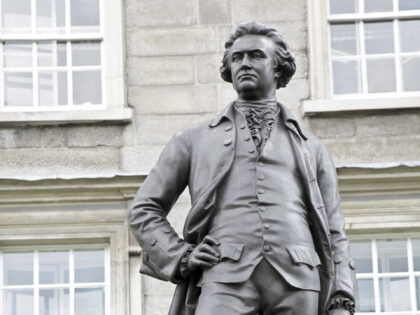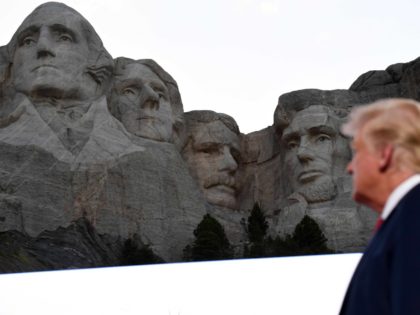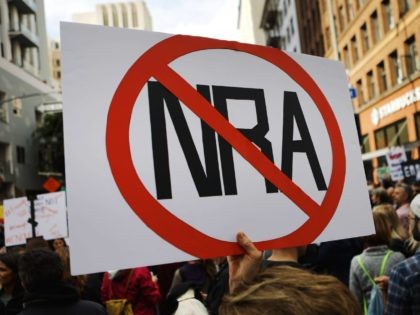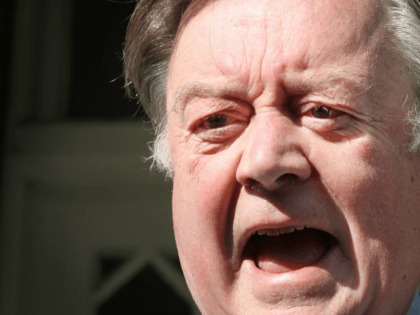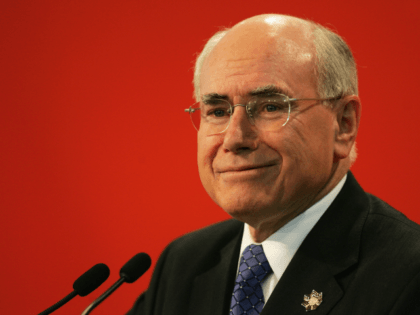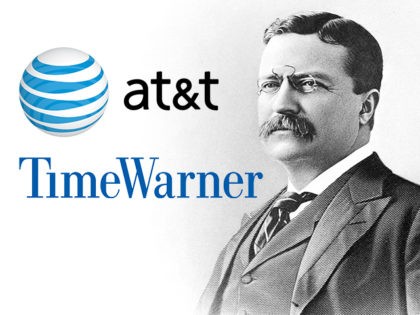Skepticism about big corporations and their doings is not quite so unorthodox for Republicans as you might think. The Republican Party got its start among the farmers, free laborers, and merchants of the Midwest, not on Wall Street. The GOP was the little-guy party, at a time when the Democratic Party—which had its own populist tradition, going back to Andrew Jackson—had been taken over by the Southern plantation slaveowners. But as the 19th century moved along, Main Street Republicanism became one strand of the Grand Old Party. Another strand was Big Business and Wall Street Republicanism.

